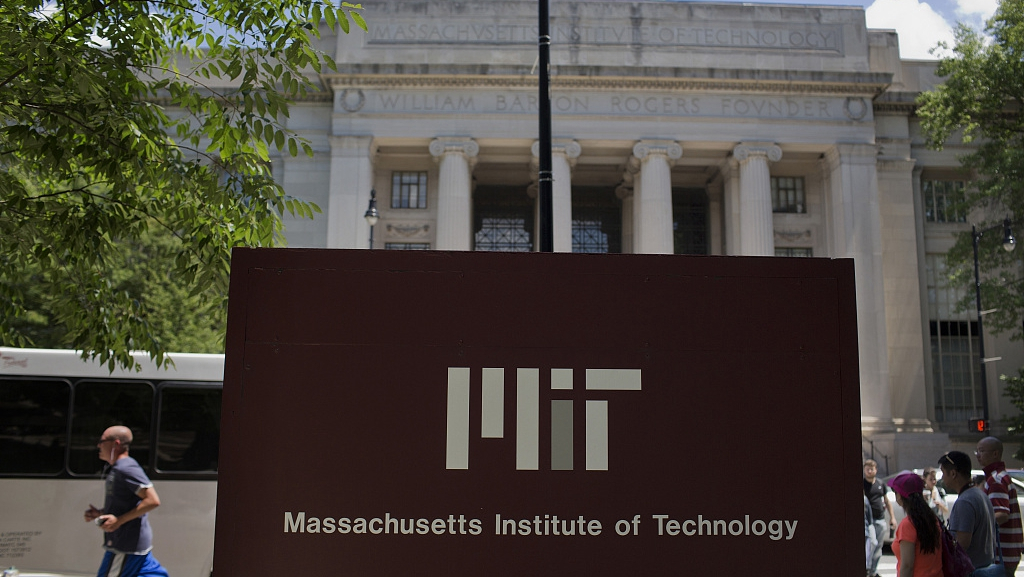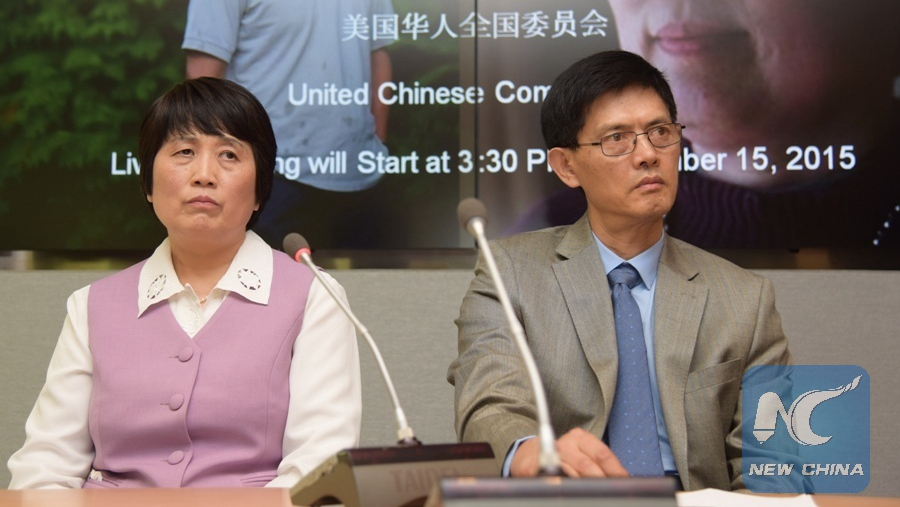

The Massachusetts Institute of Technology (MIT) has published a letter condemning the racial profiling and arrests of scientists of Chinese origin employed with reputed organizations in the United States.
“Today, I feel compelled to share my dismay about some circumstances painfully relevant to our fellow MIT community members of Chinese descent,” MIT president Leo Rafael Reif stated in a letter addressed to the university community.
The university’s response comes a few months after Chinese scientists and the Committee of Concerned Scientists (CCS) issued similar letters expressing their displeasure regarding the issue. While Chinese scientists issued an open letter, CCS addressed the letter to the U.S. president.
The scientists highlighted a sudden increase in the number of prejudicial actions taken against Chinese researchers without any evidence. The incidents have a disturbing pattern, they mentioned.
Arrested without proof
Some of the cases that they highlighted include accusations leveled against Guoqing Cao and Shuyu “Dan” Li, two Chinese scientists working with pharmaceutical giant Eli Lilly. They were subsequently arrested, but charges against them were suddenly dropped without any explanation.
In another case, Sherry Chen, a senior official under the National Weather Service in Wilmington, Ohio, had a similar experience. Arrested from her office for leaking information related to the country’s hydrological research to China in 2014, she was also suspended from her job. Barely a week before the trial, the charges were withdrawn.
Physics professor Xi Xiaoxing at Temple University faced a similar ordeal in 2015 after being arrested by FBI agents for selling technology secrets to China. Like previous cases, prosecutors failed to produce any substantial evidence.
Furious over the arrest, Xi recently filed a federal lawsuit against the FBI agents, accusing them of tampering with the evidence.

Chinese-American scientist Dr. Xiaoxing Xi (R) and Chinese-American hydrologist Sherry Chen attend a press conference at Arent Fox in Washington, DC, U.S., Sept. 15, 2015. /Xinhua Photo
‘Toxic atmosphere of unfounded suspicion’
Peeved over such incidents, Reif added, I am well aware of the risks of academic espionage, and MIT has established prudent policies to protect against such breaches.
“But in managing these risks, we must take great care not to create a toxic atmosphere of unfounded suspicion and fear,” he added.
The MIT response comes on the heels of a joint letter opposing such racial profiling issued in March by the Society of Chinese Bioscientists in America (SCBA), the Chinese American Hematologist and Oncologist Network (CAHON), and the Chinese Biological Investigators Society (CBIS).
“We write to express our concerns about the recent political rhetoric and policies that single out students and scholars of Chinese descent working in the United States as threats to U.S. national interests,” the letter published in Science magazine stated.
It has also become increasingly difficult for Chinese students and scholars to obtain visas to enter the United States for scientific meetings, visits and research opportunities, the letter added.
Alarmed over the prevailing situation, CCS also shot off a letter to U.S President Donald Trump on June 4, Xinhua reported.
“The assertion of ‘systematic efforts by foreign nations to steal intellectual property’ has triggered a massive investigation of ethnic Chinese faculty throughout the country,” CCS mentioned in the letter.
NIH assures curbing of ‘prejudicial actions’
The National Institutes of Health (NIH), responsible for biomedical and public health research in the U.S., reacted to the anger expressed by SCBA, CAHON and CBIS by lauding the contribution of Chinese scientists working in America.
But it pointed out that “unfortunately, instances have recently come to light where certain scientists, including some with links to foreign institutions and/or governments, have violated the honor-based systems and practices of the American research enterprise.”
Expressing determination to maintain the integrity of the NIH research enterprise, it voiced concerns about the issues raised by these three organizations.
“We will use our influence and bully pulpit as necessary to speak out against such prejudicial actions, for which there is no place in the biomedical research community,” NIH assured.

Copyright © 2018 CGTN. Beijing ICP prepared NO.16065310-3
Copyright © 2018 CGTN. Beijing ICP prepared NO.16065310-3